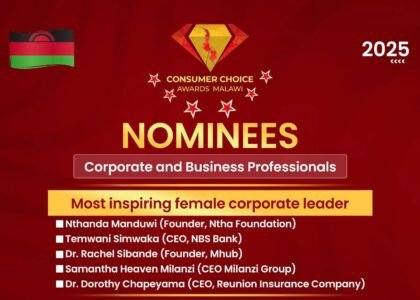


This week, I received the honor of being nominated among the “Most Inspiring Corporate Leaders.” Throughout my career, a recurring question has been: “Are you a corporate leader or are you a nonprofit founder?” This query often stems from a limited understanding of what constitutes a corporation.

For the past 12 years, I’ve been building businesses across the African continent—creating platforms, services, and programs that I knew had value. And yet, one question kept echoing through every boardroom, brainstorm, and budget meeting:
“Why aren’t we making enough money?”
“Why aren’t we sustainable?”
“Why isn’t this working?”

For a long time, I have been met with skepticism and criticism for building a non-profit. In the world of business, especially as a woman founder, running a non-profit is often equated with being “less of an entrepreneur,” as if only for-profit ventures validate business acumen. This semester, however, a business communications course provided an unexpected source of reaffirmation—our class project focused on OpenAI.

If you have been following this blog for a little longer than 5 years, then you know that I was once a travel and food blogger. When I started exploring agriculture at Michigan State University, I thought of it as a natural extension of my work with Kwathu Farms—an opportunity to learn about modern farming techniques and contribute to food security in Africa. But it wasn’t until a conversation with my classmate Ramy that I fully realized the deeper connection between my past and present.